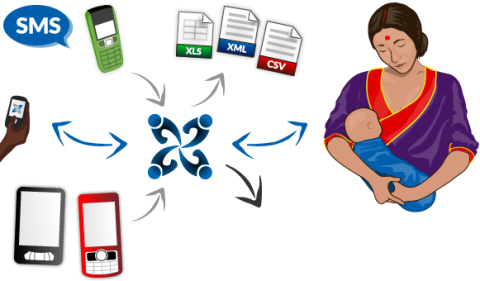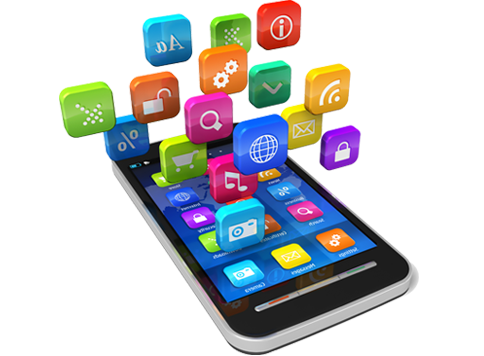
ICTpost mHealth Bureau
A recent Time magazine poll found that 84 percent of respondents worldwide could not go a day without their mobile device, and one in four people check their phones every 30 minutes. Mobile is a global game changer. As mobile health gains ground as a way to improve population health and curb healthcare costs, models for making mHealth financially sustainable are topmost in the minds of stakeholders across the globe.There are just too many mobile health projects that are having a real impact on healthcare delivery for investors to ignore.
Developments in healthcare are usually seen as a first-world matter. Talk about mobile health, or mHealth, and an image of R&D trials in some suburban hospital almost immediately come to mind. But some of the most groundbreaking advances in mHealth are taking place far away from advanced medical facilities, and are taking root in new territories where the mobile phone has perhaps exploded in popularity faster than it did in the west.
Infact, following trends are playing out lately on the world stage.
The burgeoning mobile fields in India create their own paradigms, that healthcare workers can just leverage what has been created to their own needs. Take example of how mobile banking was a precursor to mHealth technologies being used in India. It leapfrogged the traditional cycle of development,” which lead to “a massive industry in India,” with tie-ins to currency transfer for payments from family members abroad and mHealth-driven micro insurance.
Still, people in India aren’t buying smartphones for mHealth. Some of the advances of mobile banking paved the way for similar health initiatives, such as having relatives abroad send payments for treatment back home. This is a indicative of the sort of revolution mHealth is experiencing in the developing world. It is “more of a health systems strategy at this point. Less custom app based, more on how to make front line health workers more efficient. Consider e-Mamta in Gujarat where a pregnant woman can receive care and stay connected to health professionals before she gives birth; of sending reminders to patients to take their anti-retroviral drugs. When you start from the beginning and a project becomes so successful, it enables lots of groundbreaking work to be done. Technology developed without appropriate contextual awareness is doomed for a short lifespan we should try to “take a technology agnostic approach,” using mHealth to address specific problems, not the other way around.
Leapfrogging Indian healthcare system can learn from the mistakes and shortcomings of the West. India has been able to “build new systems that not only learn from mistakes of other nation’s histories, but also integrate, don’t do things the way they were done in the west 50 years ago.” Mobile technology has a huge leveling power that has enabled developing nations to set up health records. editor@ictpost.com







